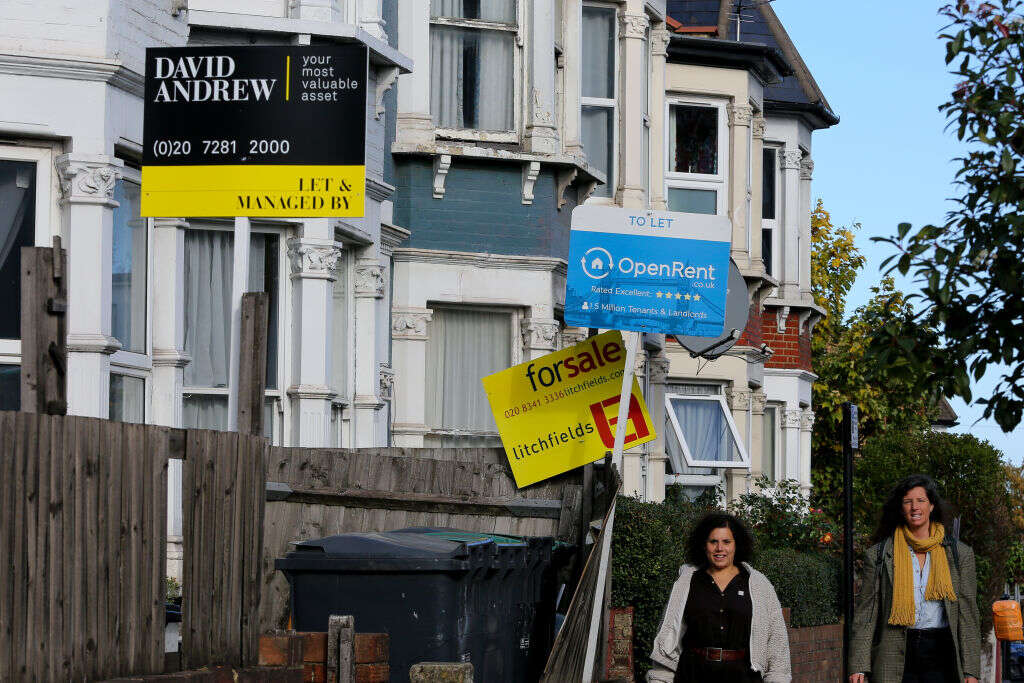
Rising interest rates will see the average mortgage holder paying an additional £3,500 per year by the end of 2024, while those in London will see their annual payments increase by over £5,000.

The cost of borrowing has been rising for some time, but the UK government’s mini-budget in September put the trend into a higher gear, causing mortgage rates to further increase. Despite Chancellor Jeremy Hunt’s announcement undoing most of the budget, it will likely be a while before that affects interest rates, positively or negatively, as lenders wait to see how the market reacts.
The effect of these rising rates won’t hit all homeowners at the same time. The 1.2 million households on variable-rate mortgages will see their payments rise immediately, while the 85% of mortgagors who are on fixed rates will only see an effect when their term comes to a close.
How many mortgages will see a rate increase?
Using data from ONS’s wealth and assets survey, Resolution Foundation estimates that 1.7 million households in the UK will see their mortgage payments rise in Q4 2022, and an additional 500,000 in the first quarter of 2023. By the fourth quarter of 2024, it is estimated that more than five million households will have seen their mortgage payments increase.
And these rises are far from insignificant. Those facing a rise before the end of the year will on average see their annual mortgage up by £650 compared with Q3 2022. Before the mini-budget, this rise would have been £486.
By the end of 2024, annual mortgage payments will have gone up by an average of £3,456, widening considerably from the pre-mini-budget estimates.
How much will mortgage rates increase in London?
Resolution Foundation’s analysis found that the average mortgage holder in London will see their annual payments increase by almost £5,500 between now and Q4 2022, with £1,254 of that increase caused by the rising interest rates since the mini-budget. When segmented only to Londoners affected by a rise in the next two years, that figure rises to £8,000.
Mortgage holders in Wales and the north-east of England will see a smaller cash increase, as the average property is cheaper than those in the south, but the £500 added by the mini-budget’s effect on the market still makes up a huge percentage increase to already rising payments.
Real estate agents and analysts Knight Franks say the distribution of mortgage debt and housing equity will shape housing market activity over the next two years.
Its analysis of the Land Registry shows that it is primarily outer London and the south-east that have the lowest percentage of cash sales, meaning people in those areas are most likely to be affected by changes to mortgage rates.
[Read more: Does cutting stamp duty lower house prices?]






